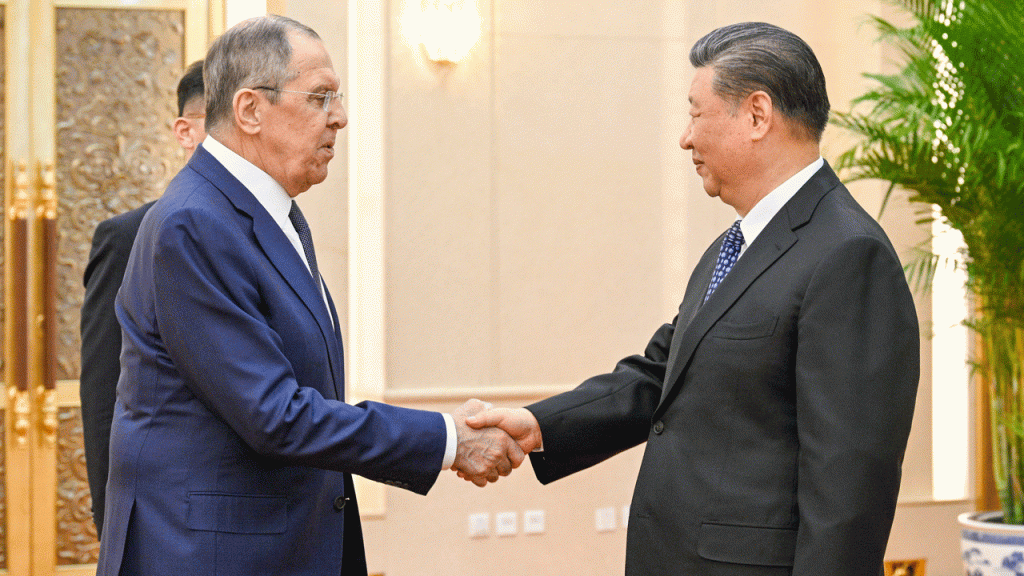China has been supplying Russia with machine tools, microelectronics, and other technology that Moscow is using to produce missiles, tanks, and aircraft for its war against Ukraine. In 2023, about 90% of Russia’s microelectronics came from China, while nearly 70% of machine tool imports were from China. Chinese companies have been working with Russian entities to jointly produce unmanned aerial vehicles and provide materials for ammunition. Russia’s semiconductor imports from China also increased significantly from 2021 to 2022. China has also been helping Russia improve its satellite and space-based capabilities for use in Ukraine, potentially increasing the threat Russia poses across Europe.
Secretary of State Antony Blinken is expected to travel to China to discuss concerns about China’s growing indirect support for Russia amidst the ongoing conflict in Ukraine. President Joe Biden has previously raised concerns with Chinese President Xi Jinping about Beijing indirectly supporting Russia’s war efforts. While China has not provided direct lethal military support to Russia, it has backed them diplomatically and refrained from calling it an invasion. China has repeatedly denied providing arms or military assistance to Russia, stating that normal trade relations should not be interfered with.
The U.S. has warned Chinese officials that they are prepared to sanction Chinese banks, companies, and Beijing’s leadership if they assist Russia’s armed forces with the invasion of Ukraine. Treasury Secretary Janet Yellen has been given the authority to sanction financial institutions that aid Russia’s military-industrial complex. The U.S. has also unveiled intelligence findings about Russia’s operations, highlighting plans for misinformation, coordination with other countries to supply weaponry, and China’s potential role in providing arms and ammunition.
China’s reliance on Russia has increased due to Russia’s growing economic and diplomatic isolation, making it vital for Russia’s military efforts. Russian Foreign Minister Sergey Lavrov met with Chinese President Xi Jinping in Beijing to discuss their partnership, with Lavrov praising Xi’s leadership. The Biden administration has been focused on limiting China’s assistance to Russia through sanctions and other measures, warning companies not to provide material support for Russia’s war efforts. The U.S. believes that the public airing of intelligence findings has deterred China, at least temporarily, from directly arming Russia.
In response to U.S. sanctions, China announced rare sanctions against two U.S. defense companies for their support of arms sales to Taiwan. This move freezes assets and bars management from entering China, impacting the operations of General Atomics Aeronautical Systems and General Dynamics Land Systems. General Dynamics operates aviation services in China, while General Atomics produces drones used by the U.S. military. The relationship between the U.S., China, and Russia is complex, with ongoing efforts to monitor and limit support for conflict in Ukraine and other global issues.













